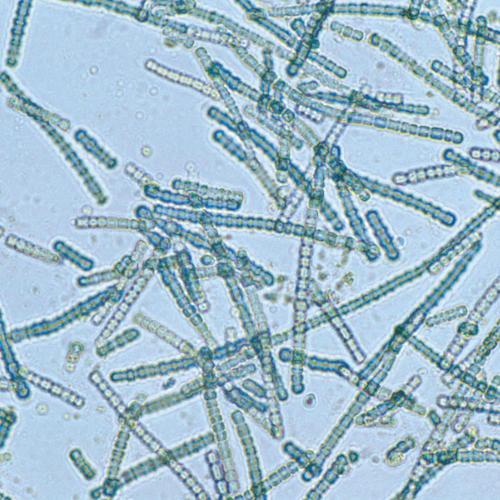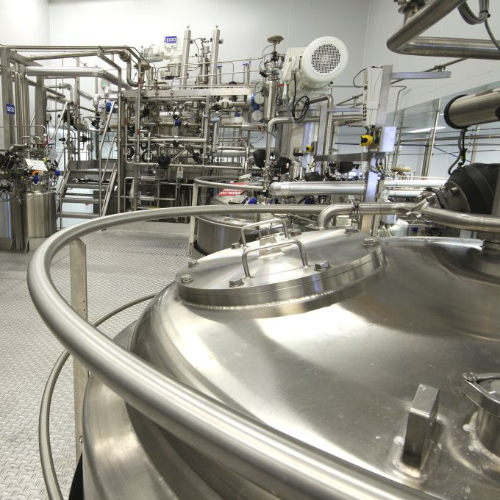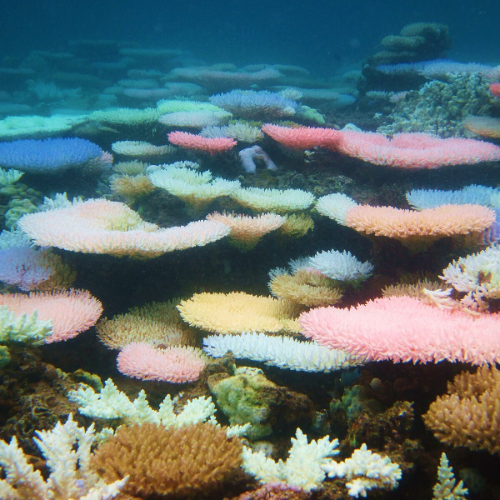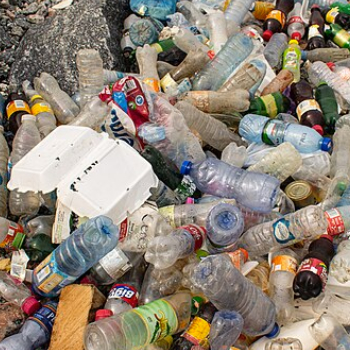
Submitted by Vicky Yee K Reid on Wed, 11/12/2024 - 12:48
Learn about pioneering research at the University of Cambridge, where researchers are applying engineering biology approaches to address the intertwined climate and nature crises.
The climate crisis is an unprecedented global challenge which will require an innovative, collaborative and open approach from people across the world in a wide range of disciplines and sectors. Researchers at the University of Cambridge are pioneering climate and nature solutions by regenerating nature, rewiring energy, rethinking transport and redefining economics. Engineering biology approaches offer potential solutions to a variety of problems, from making production lines greener and more circular, to making crops more climate-resilient and supporting biodiversity and conservation efforts.
The University of Cambridge have recently published a new impact map sharing over 200 climate and nature research projects currently taking place at the university. Below we have selected a handful of these projects from our community.
Energy Production and StorageResearchers in the Howe and Zhang labs are harnessing the power of cyanobacteria to generate electricity, with the hope that photoelectrochemical systems can one day provide a greener form of energy. Production of electricity from photosynthetic microorganisms Next Generation 3D Interdigitated Semi-Artificial Photosynthetic Systems |
|
BioproductionResearchers in the Hollfelder lab are using directed evolution techniques to improve the functions and efficiency of natural enzymes. These enzymes can be used as catalysts for bioproduction of new molecules and greener production of current high-value targets. BlueTools: innovative tools for sustainable exploration of marine microbiomes |
|
Conservation and NatureFurther work in the Howe and Zhang labs is exploring the role of dinoflagellate algae in coral bleaching, with the hope of better understanding this process and its causes. An Electrochemical Approach to Understanding Coral Bleaching Development of novel genetic tools for studying dinoflagellates and coral bleaching |
|
Waste ManagementThe Hollfelder lab is screening enzymes involved in the breakdown of natural substrates such as wood and cellulose, as well as various types of plastic. |
You can explore the full range of case studies and stories on the Cambridge Climate and Nature Hub. |





